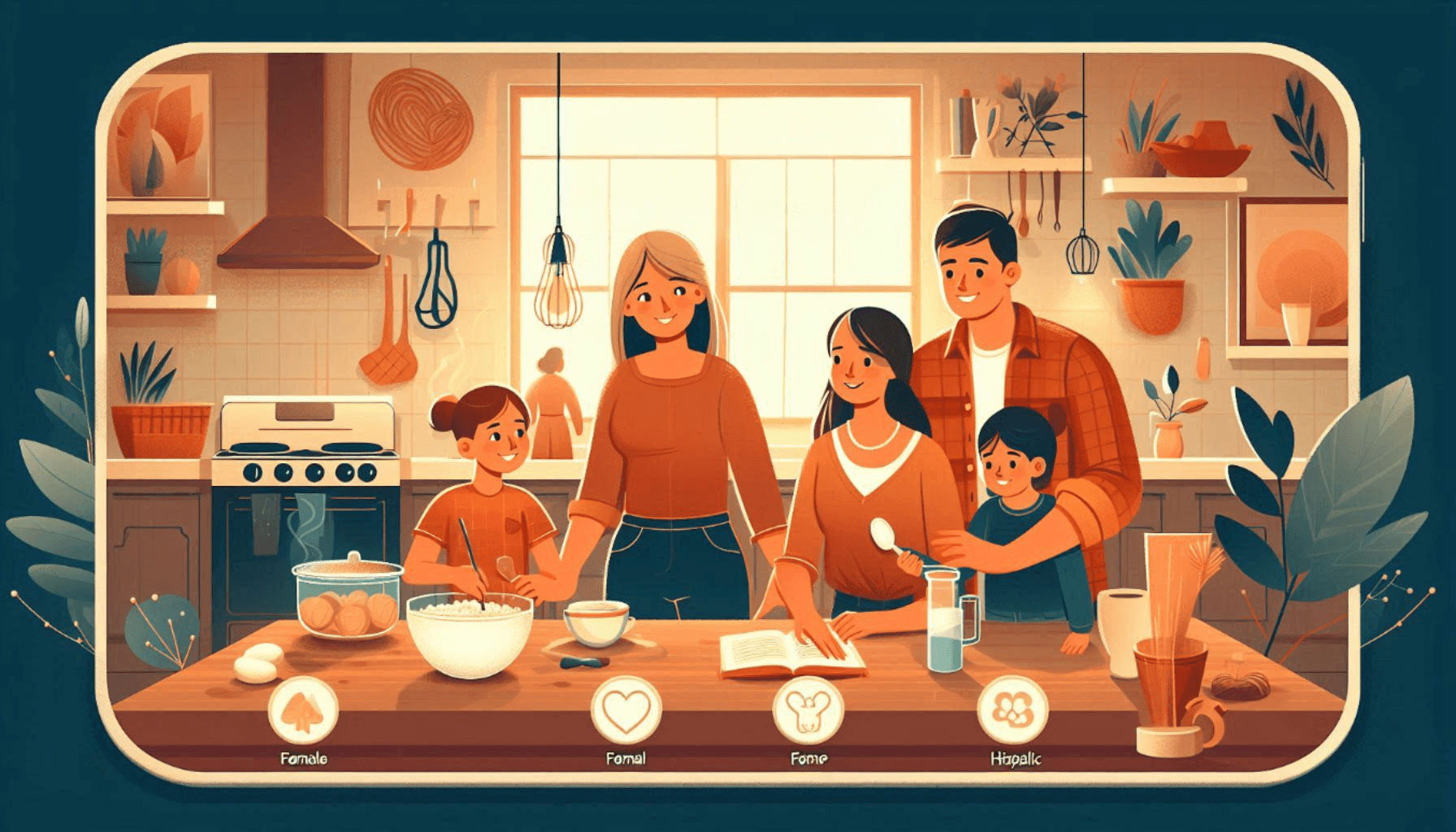Heart
Family Fights? Here’s How to Resolve Disagreements Peacefully

Team NxtClue
Content
|
3 mins
|
Aug 26, 2024

0:00/1:34
Don't have enough time to read?
Listen

Disagreements in Your Family? Here’s How You Tackle Them
Whether it’s a nuclear or a joint family, the health of our family relationships can impact our well-being. Although small arguments and disagreements don’t affect a family’s functionality, repeated occurrences of the same can build up and take a toll on a family’s peace and quiet.
How Problems Start Through Disagreements?
Many times, people don’t realize when their small disagreements and arguments take a serious turn or how family members go from disagreeing to disrespecting each other. The situation worsens when disagreements are followed by resentment and avoidance, which could lead to family members becoming estranged from each other.
The real problem starts with the communication gap. Parents don’t share their issues with their children because they don’t want to bother them and let them focus on their study and career. On the other hand, children don’t share their problems because they think that their parents will not understand them. Both sides have their reasons that may or may not be valid, but that’s how all of us are.
Resolve Conflicts through Communication
Maintaining healthy levels of communication is the key to resolving conflicts within families. Easier said than done, right? No, it can be quite simple if you look at it from a different perspective—the other person’s perspective.
Put yourself in your family members’ shoes and try to think about what might have influenced them to take a position that is becoming the reason for conflict. Introspect a bit and ask yourself, “Have I tried to communicate the issue to my family members? How patiently have I listened to their issues or their concerns about my problems?”
Talk to your family members to resolve the issues instead of trying to prove your point. If it doesn’t work, try to include someone neutral in the discussion. They might give a fresh perspective to the whole issue and help you resolve it.
Conflicts are inevitable, but they can be resolved if you address them with an open mind. Despite the differences you might have, cherish your family members. They’re the ones who’ve been and will be with you in the ups and downs of your life.
Download
Related Blogs

11 min
Heart
Why Schools Need SEL

Team NxtClue
|
26/08/24

11 min
Heart
Build Closer Family Bonds

Team NxtClue
|
26/08/24

11 min
Heart
Maintain a Healthy Dating Life

Team NxtClue
|
26/08/24

11 min
Heart
Millennials and Relationships

Team NxtClue
|
26/08/24

I May Not Be the Menu, But I Can Still Guide You – I Know Some Shortcuts!
With us
Decision is yours
Without us

Copyright © 2024 NxtClue | All Rights Reserved
0:00/1:34
Don't have enough time to read?

Listen

3 mins
Heart
Family Fights? Here’s How to Resolve Disagreements Peacefully

Team NxtClue
|
Aug 26, 2024
Download
Disagreements in Your Family? Here’s How You Tackle Them
Whether it’s a nuclear or a joint family, the health of our family relationships can impact our well-being. Although small arguments and disagreements don’t affect a family’s functionality, repeated occurrences of the same can build up and take a toll on a family’s peace and quiet.
How Problems Start Through Disagreements?
Many times, people don’t realize when their small disagreements and arguments take a serious turn or how family members go from disagreeing to disrespecting each other. The situation worsens when disagreements are followed by resentment and avoidance, which could lead to family members becoming estranged from each other.
The real problem starts with the communication gap. Parents don’t share their issues with their children because they don’t want to bother them and let them focus on their study and career. On the other hand, children don’t share their problems because they think that their parents will not understand them. Both sides have their reasons that may or may not be valid, but that’s how all of us are.
Resolve Conflicts through Communication
Maintaining healthy levels of communication is the key to resolving conflicts within families. Easier said than done, right? No, it can be quite simple if you look at it from a different perspective—the other person’s perspective.
Put yourself in your family members’ shoes and try to think about what might have influenced them to take a position that is becoming the reason for conflict. Introspect a bit and ask yourself, “Have I tried to communicate the issue to my family members? How patiently have I listened to their issues or their concerns about my problems?”
Talk to your family members to resolve the issues instead of trying to prove your point. If it doesn’t work, try to include someone neutral in the discussion. They might give a fresh perspective to the whole issue and help you resolve it.
Conflicts are inevitable, but they can be resolved if you address them with an open mind. Despite the differences you might have, cherish your family members. They’re the ones who’ve been and will be with you in the ups and downs of your life.
Copyright © 2024 NxtClue | All Rights Reserved

I May Not Be the Menu, But I Can Still Guide You – I Know Some Shortcuts!
With us
Decision is yours
Without us

Copyright © 2024 NxtClue | All Rights Reserved

I May Not Be the Menu, But I Can Still Guide You – I Know Some Shortcuts!
With us
Decision is yours
Without us

Related Blogs